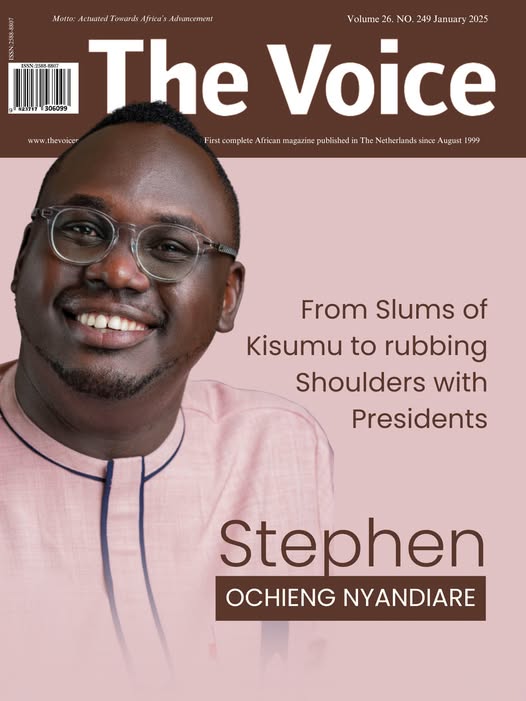- Politics
Cameroon holds first regional election amid opposition boycott

Cameroon is holding its first-ever regional election, which the government says hands more power to the provinces but the opposition boycotts as a sham.
In Sunday’s indirect polls, a 24,000-strong electoral college made up of regional delegates and traditional chiefs will vote to fill the posts of 900 regional councilors – 90 for each of the country’s 10 regions – putting into action a 1996 law that promised a decentralized government but was never enacted.
The municipal councils will have a say over development, including infrastructure such as roads, but they will not be able to alter laws enacted by the national assembly and the senate in the country’s capital, Yaounde.
President Paul Biya’s government sees the polls as a step towards greater regional autonomy, hoping they will appease critics who say he has long neglected the country’s regions and help end a four-year separatist conflict in the English-speaking western region.
But the two main opposition parties, Maurice Kamto’s Movement for the Rebirth of Cameroon (MRC) and the Social Democratic Front (SDF), are both boycotting the polls, arguing they are not about local issues but a way for the 87-year-old head of state to tighten his grip on power.
Opponents say the vote offers only a semblance of regional autonomy and comes too late to fix the conflict, which has become the greatest threat in Biya’s near 40-year rule. They also say officials voting in the election are overwhelmingly Biya supporters and will help enforce his will on the regions.
“With most political opponents in prison, the opposition is boycotting the vote saying it will not be credible with the governing party likely to win most of the votes,” said Al Jazeera’s Nicolas Haque.
“In the English speaking regions of Cameroon, separatists have warned people to stay indoors, until their grievances for greater autonomy are addressed.”
Separatist fighters have promised to disrupt the vote in Cameroon’s Northwest and Southwest regions. They also said they will arrest anyone participating.
There were no early reports of disruptions at the time of publication. However, gunfire was heard around the city of Kumbo, according to a local official quoted by the Reuters news agency.
In 2016, lawyers, teachers and others in Cameroon’s largely Anglophone Northwest and Southwest regions took to the streets to protest against the dominance of French in the education and legal systems, echoing long-running grievances among the country’s English-speaking minority over their region’s perceived marginalization by the Francophone-dominated central government.
The government’s heavy-handed response to the protests was followed by the emergence of several separatist armed groups seeking to form a breakaway state.`
Human rights groups have accused both sides of committing atrocities in a conflict that has killed at least 3,000 people.
Amid a wave of arbitrary arrests and kidnappings, as well as extrajudicial killings and wanton destruction of homes and public facilities, the crisis has forced hundreds of thousands of Cameroonians to flee their homes in search of safety, with almost 60,000 crossing the border to Nigeria.
Source: aljazeera.com





